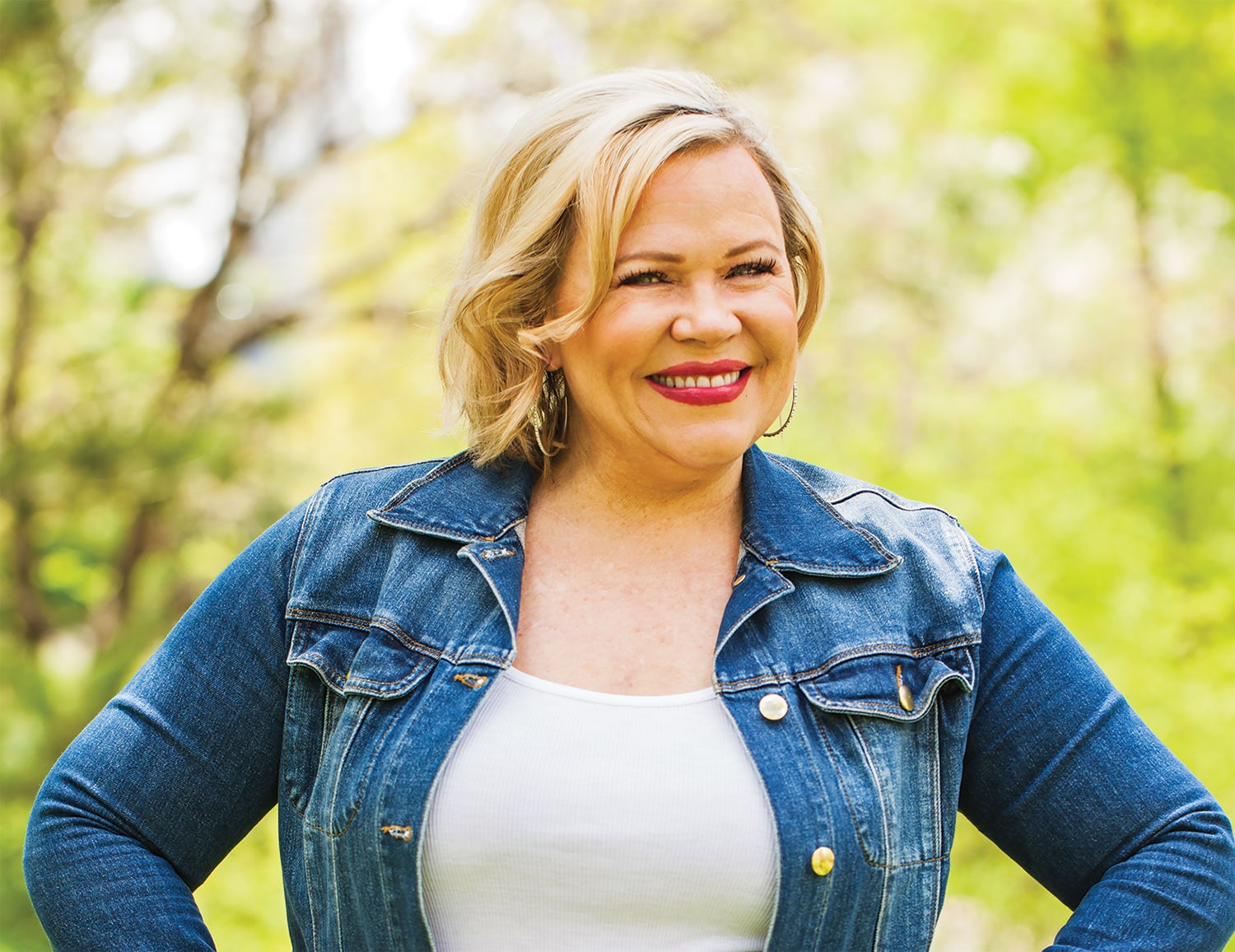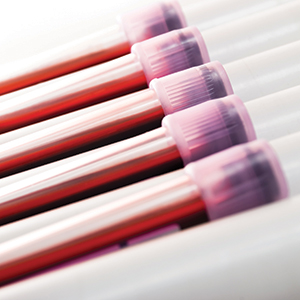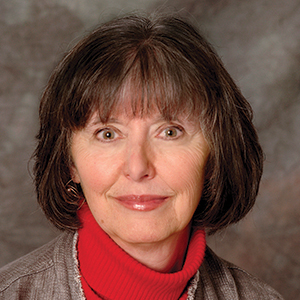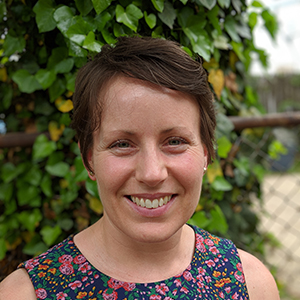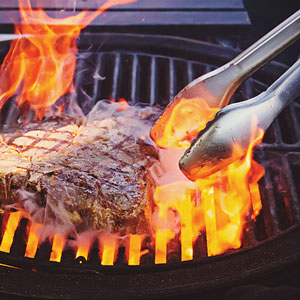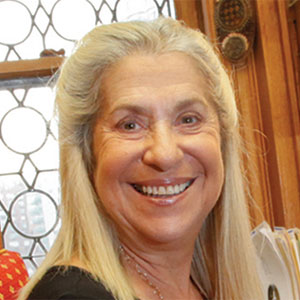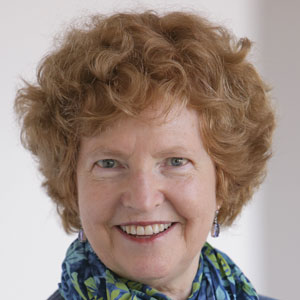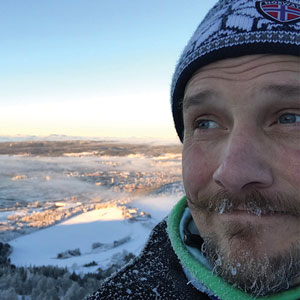Summer 2019 Vol. 09 Issue 02
-
From the Editor-in-Chief
Clonal Hematopoiesis: You Are Not the Same Person You Used to BeDNA sequencing of blood cells may provide clues for how cancer and other illnesses develop.
by William G. Nelson, MD, PhD
-
Your Cancer Guide
Honesty: The Best Policy?Keeping your cancer diagnosis a secret can sometimes be a better option.
by Hester Hill Schnipper
-
Caregiving With Confidence
Caregiving and WorkGather information, know your rights and be ready to adjust.
by Diane Cameron
-
Policy Matters
NIH-AACR Conference Examines Immunotherapy RisksThe meeting underscored the importance of NIH funding for cancer research.
by Elizabeth KS Barksdale, PhD
-
The Right Dose
Researchers want to find out when cancer patients can benefit from receiving lower doses of drugs or radiation, shortening treatment or skipping certain treatments altogether.
by Kate Yandell
-
Focusing on Proton Therapy
Proton therapy, an alternative to standard radiation therapy, is safe and effective. But evidence is lacking that it's always a better option than standard radiation, and some insurers balk at the higher price tag.
by Sue Rochman
-
Cancer and the Amish
A cancer survivor visits an Amish community and encounters resourcefulness in the face of the disease.
by Cynthia Ryan
-
Survivor Profile
Still in the GameESPN reporter Holly Rowe worked through melanoma treatment.
by Lindsey Konkel
-
Q&A
Breaking the IceSocial activist and breast cancer survivor Letty Cottin Pogrebin shares tips on supporting friends and family members through cancer diagnosis and treatment.
by Marci A. Landsmann
-
Sound Advice
Your Questions, Our AnswersExperts offer advice on seeking a therapist, sleeping with pain, and caregiving responsibilities.
-
Get Involved
Patient NavigatorsPatient navigators can help cancer patients tackle the trickier points of accessing health care.
by Carisa D. Brewster
-
In the Moment- Summer 2019
Readers share snapshots of their lives today.
Adding chemotherapy to targeted therapy improves outcomes for people with advanced EGFR-positive non-small cell lung cancer.
by Sandra Gordon
Lessons From 20 Years Living With CancerMultiple myeloma survivor Jonathan Gluck reflects on uncertainty, and the scientific progress that has kept him living with cancer for more than two decades.
by Eric Fitzsimmons
The Enduring Importance of Cancer Disparities ResearchOpening session from AACR conference highlights how perseverance and adversity have informed cancer disparities research over the years.
by Eric Fitzsimmons
Most Cancer Survivors Don’t Meet Healthy Diet GoalsDespite research linking fruits and vegetables to cancer survival, many people do not change their eating habits after diagnosis.
by Darlene Dobkowski

